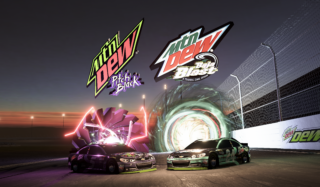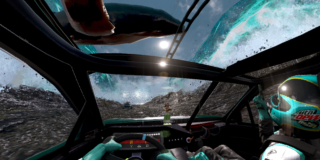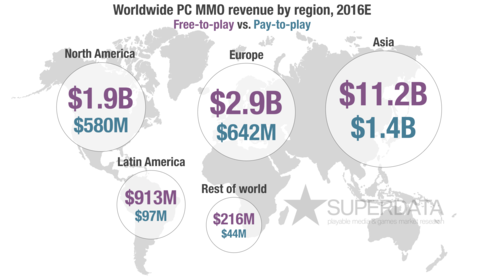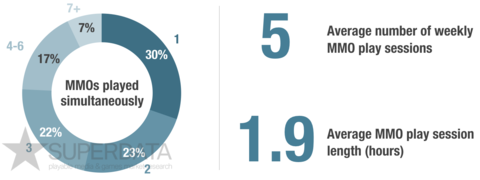Apple may be the single most important hardware manufacturer for the games industry, judging by the revenue associated with its devices. No other single device maker comes close. That’s why the announcements Apple made last week at its Worldwide Developers Conference (WWDC) can have such a huge impact on game revenues. The changes impact both game design and marketing, and it’s going to be a lot of work to take proper advantage of what lies ahead.
A Second Chance For Apple TV Gaming
Apple talked about the coming updates and important new features, but the most noteworthy ones may transform mobile games. The Apple TV, introduced last year, included an App Store, and that gave it potential as a game playing device. Many developers brought apps to the Apple TV, but it hasn’t set the market on fire the way Apple had hoped. Apple hasn’t announced sales numbers for the new Apple TV, but looking at App Store tracking figures reveals it hasn’t been making significant money for game developers.
Part of the constraint on the new Apple TV, which some say has held it back from becoming a game playing destination, has been Apple’s insistence that all games for the Apple TV must be playable using the included remote, which includes a touchpad, position sensors, and a couple of buttons. Many developers argued against this, saying that games like first-person shooters need a standard console-type controller. Apple has made a spec for those available, and several companies make them using Bluetooth connections, but Apple insisted that game makers had to also make games playable using the Siri remote control.
That restriction will no longer exist with the upcoming version of tvOS, and major publishers are taking a renewed interest in Apple TV with these changes, with NBA 2K and Minecraft: Story Mode coming to the platform. There will probably be more as developers take advantage of the restriction-free Apple TV.
Apple TV still has a long way to go before it becomes a major gaming platform. The company isn’t selling Apple TV solely as a gaming device, but rather as a device that lets you do a wide range of things. It will be interesting to see this fall if Apple’s marketing efforts for Apple TV change focus and possibly increase in scope.
https://www.youtube.com/watch?v=PERPpFWHnDM
Getting The iMessage Across
Meanwhile, Apple made many announcements about the future of iOS gaming, including how Game Center service will be removed in version 10. However, the most important iOS 10 announcements centered around the changes to iMessage, Apple’s messaging service that has remained mostly unchanged since its inception while apps such as Facebook Messenger, WeChat and WhatsApp have been innovating features. Changes include bigger emoji, video and handwritten messages, and even hidden messages that are revealed when you swipe on them.
The key feature for marketers is that Apple is opening up iMessage to third-party app access. That means apps can be triggered within iMessage, and there’s a great deal of potential interoperability. Why? Simply because messaging apps have been an enormously important game marketing tool in China, Korea, and Japan (with WeChat, Kakao, and Line) since you can tell your friends about games and link directly to them within your favorite messaging app. Publishers have even created messaging app-specific versions of their games to make it even easier for players to spread these games virally.
Now that iMessage is being opened up in this fashion, game publishers should be looking to work some viral marketing magic using this popular messaging platform. After all, there are more than 1 billion iOS users out there, and the platform accounts for the majority of mobile game revenues. Yet discoverability is an increasingly difficult problem, which iMessage may help solve.
The Next Generation
There’s still some time to work on this, as iOS 10 doesn’t release until the fall—likely coinciding with the announcement and launch of a new iPhone model, which typically occurs in September or early October. There’s going to be a section of the App Store devoted to iMessage apps, which will no doubt be crammed with stickers and photo apps. Sharp game marketers will make an effort to be there from the beginning, finding ways to work games into the new, improved iMessage with its 1 billion users waiting to be exposed in a new way to some exciting games.







